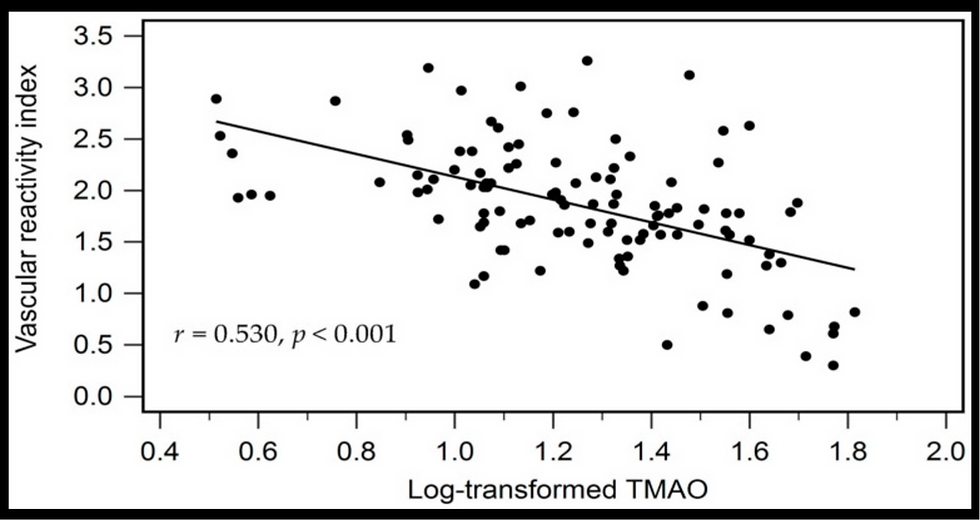Sex-related differences in endothelial function and blood viscosity in the elderly population
- heartlung
- Apr 17, 2023
- 1 min read
Front Physiol . 2023 Mar 30;14:1151088.
Abstract Elderly represents a growing population and cardiovascular diseases (CVD) is one of the leading causes of mortality in this population. Sex differences are involved in CVD with middle-aged males being at higher risk than females. After menopause, females are no longer protected by hormones and the role of sex on cardiovascular parameters involved in CVD, such as endothelial function and blood viscosity, is still unclear. The purpose of this study was to investigate the effect of sex on endothelial function, blood viscosity and CVD in elderly. Clinical investigation and blood analyses were performed on 182 (93 females and 89 males) elderly participants (mean age: 75.83 ± 1.22). Health status of participants were classified. Sex differences in endothelial function, blood viscosity, high density lipoprotein (HDL), hematocrit, and red blood cell (RBC) aggregation were assessed. CVD prevalence was higher in males (27.0%) than in females (5.4%) (p < 0.001). Females had higher vasoreactivity (p = 0.014) and HDL (p < 0.001) level than males. Blood viscosity was higher in males than in females at any shear rate (p < 0.001). Hematocrit was greater in males than in females (p < 0.001) while RBC aggregation did not differ between the two populations. To conclude, females have less CVD than age-matched males that might be due to their greater vascular function and lower blood viscosity.
Keywords: aging; cardiovascular disease; cardiovascular health; hemorheology; sex effect.
Copyright © 2023 Raberin, Martin, Celle, Hupin, Roche, Barthelemy and Connes.

![Lipoprotein(a) levels predict endothelial dysfunction in maintenance hemodialysis patients: evidence from [VENDYS] vascular reactivity index assessment](https://static.wixstatic.com/media/dac531_5285607cc591409a9d83746f042af7c6~mv2.png/v1/fill/w_980,h_980,al_c,q_90,usm_0.66_1.00_0.01,enc_avif,quality_auto/dac531_5285607cc591409a9d83746f042af7c6~mv2.png)


Comments